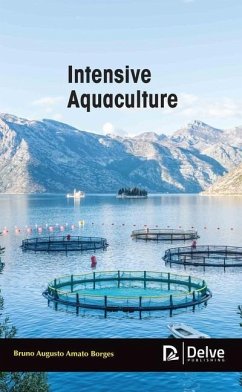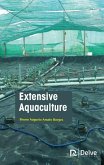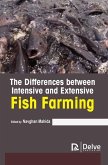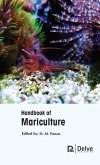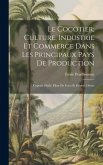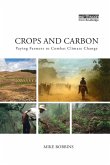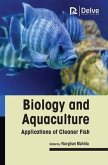The total aquaculture production has expanded tremendously and contributes to the world's supply of fish for human consumption in an expanding significant way. In Intensive aquaculture, the fish are quite dependent on the feed artificially provided, and the water need to be replaced or replenished at very high rates so that it can maintain the amounts of oxygen to be enough and to also remove the waste. A variety of important institutional and technological requirements depend on the ability to operate a sustainable and economic viable aquaculture. The United Nations estimates that roughly 32% of worldwide fish numbers are overexploited, depleted or recuperating and must be urgently restored. Fish farming is welcomed as a strategy to prevent overfishing. This book presents some advantages and disadvantages of intensive aquaculture, in addition to provide data and the currently situation of this type of cultivation.
Hinweis: Dieser Artikel kann nur an eine deutsche Lieferadresse ausgeliefert werden.
Hinweis: Dieser Artikel kann nur an eine deutsche Lieferadresse ausgeliefert werden.

